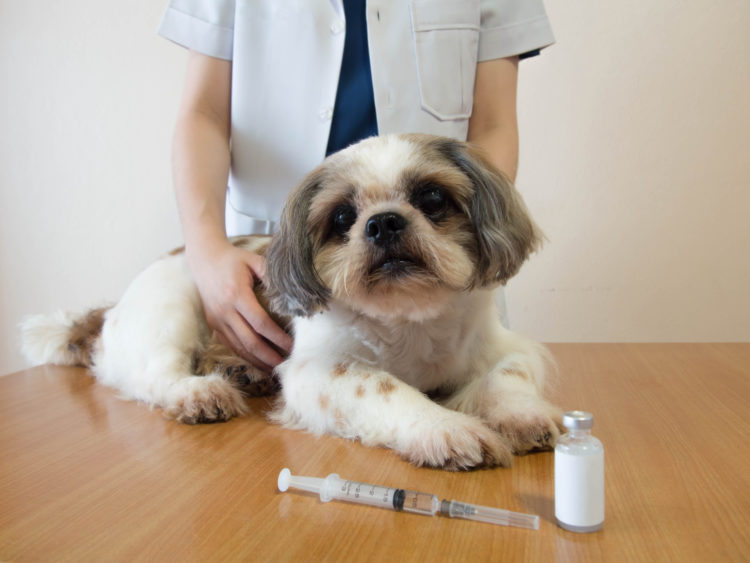 Shutterstock/Rabies Clinic
Shutterstock/Rabies Clinic
The Atlantic County Division of Public Health today reminded residents of the importance of obtaining rabies vaccinations for their pets and protecting themselves from contracting West Nile virus.
County health officials announced that cat in the 100-block of Merian Avenue in Pleasantville was confirmed positive for rabies on Aug. 16.
Three individuals who were exposed to the cat have begun post exposure treatment, according to health officials.
This is the fourth rabies case in Atlantic County this year. Rabies was previously confirmed in two raccoons and a skunk.
Health officials also said a mosquito sample collected from W. Faunce Landing Road and Sycamore Street in Absecon was confirmed positive for West Nile virus.
The sample was confirmed positive on Aug. 15. County public health and mosquito control officials are conducting mosquito surveillance and implementing additional control measures.
West Nile virus was previously confirmed in mosquito samples collected in Northfield and Egg Harbor City. There are no reported human cases of the virus at this time, according to county health officials.
Protect against RABIES
A rabies vaccination is recommended for domestic animals to not only protect the pet but also the pet owner and family members who could contract rabies from an infected pet.
Rabies is fatal if left untreated. It can be transmitted through direct contact with saliva through broken skin or mucous membranes in the eyes, nose or mouth.
Most human cases of rabies are the result of a bite from an infected animal. If you are bitten by an animal, wash the wound immediately with soap and water and seek medical attention. All bites should be reported to the Atlantic County Division of Public Health at 609-645-5971.
The Atlantic County Animal Shelter provides free rabies vaccination clinics each month for both dogs and cats by appointment only at www.aclink.org/animalshelter. The next clinic will be held 9 a.m. to noon Sunday, Sept. 10 at the shelter, 240 Old Turnpike, Pleasantville.
Protect against WEST NILE virus
West Nile virus is carried by infected mosquitoes and can be transmitted to birds, animals and humans. West Nile virus can cause serious illness, even death. Health officials encourage residents to reduce their risk and the spread of West Nile virus by reducing exposure to mosquitoes by following these tips: